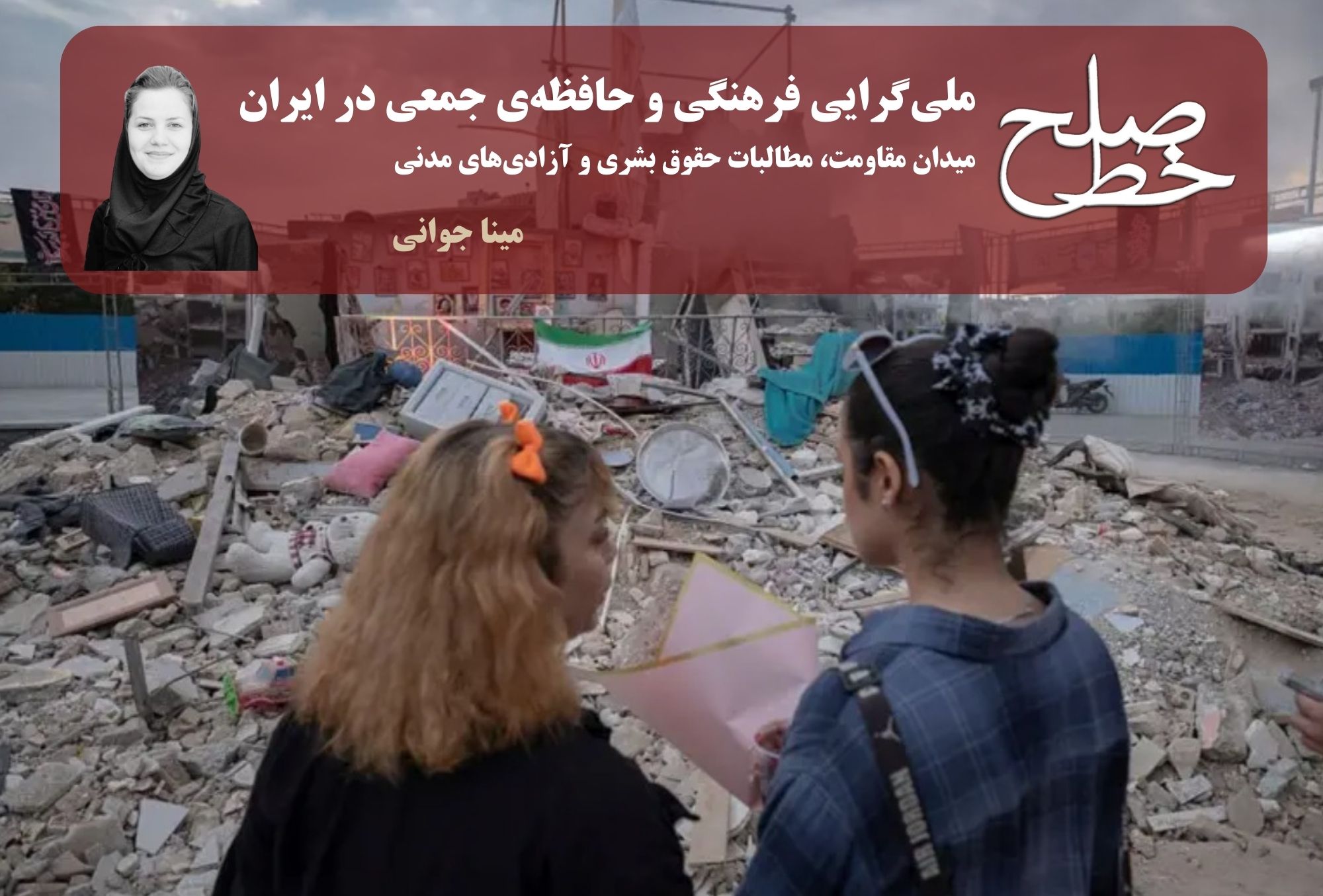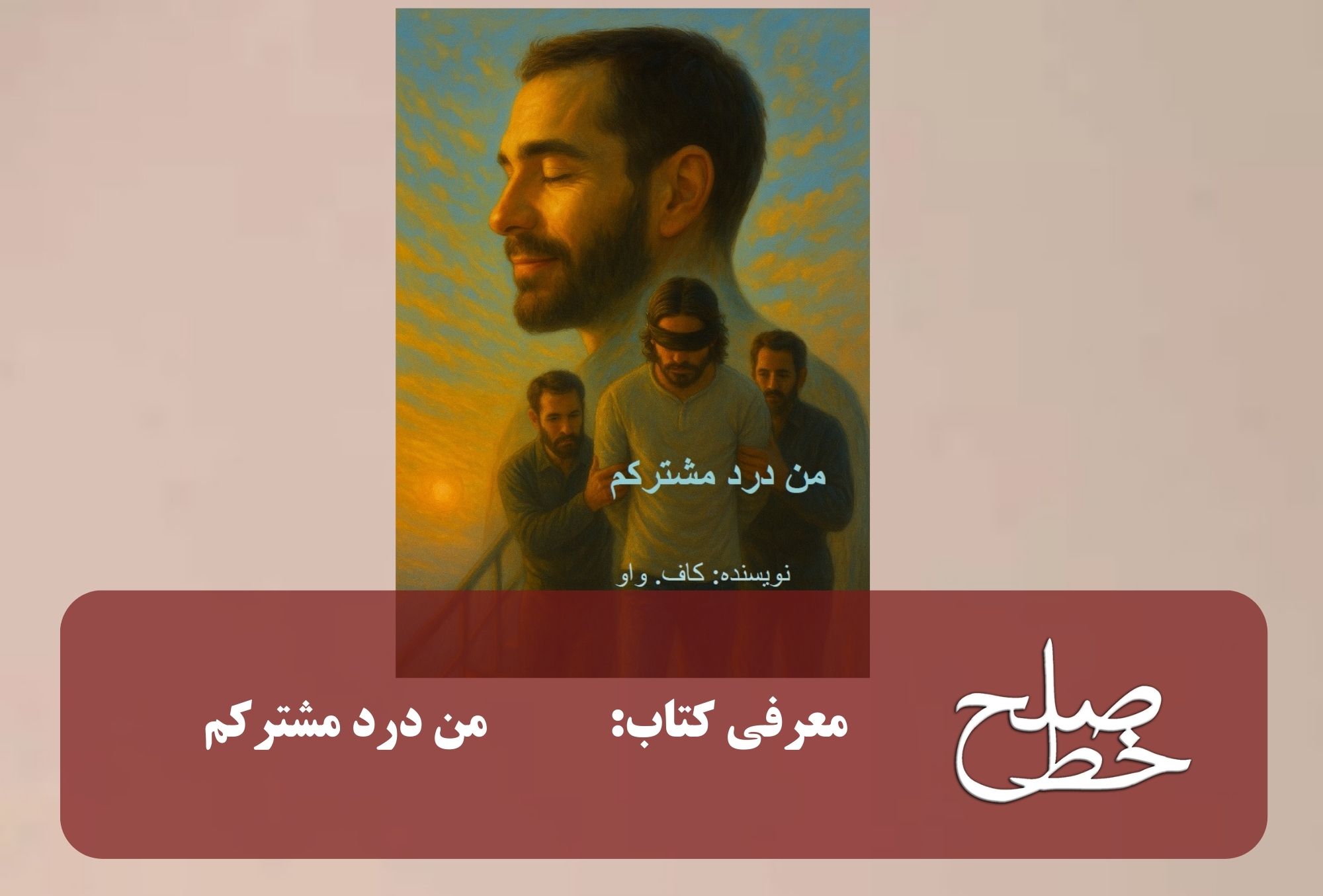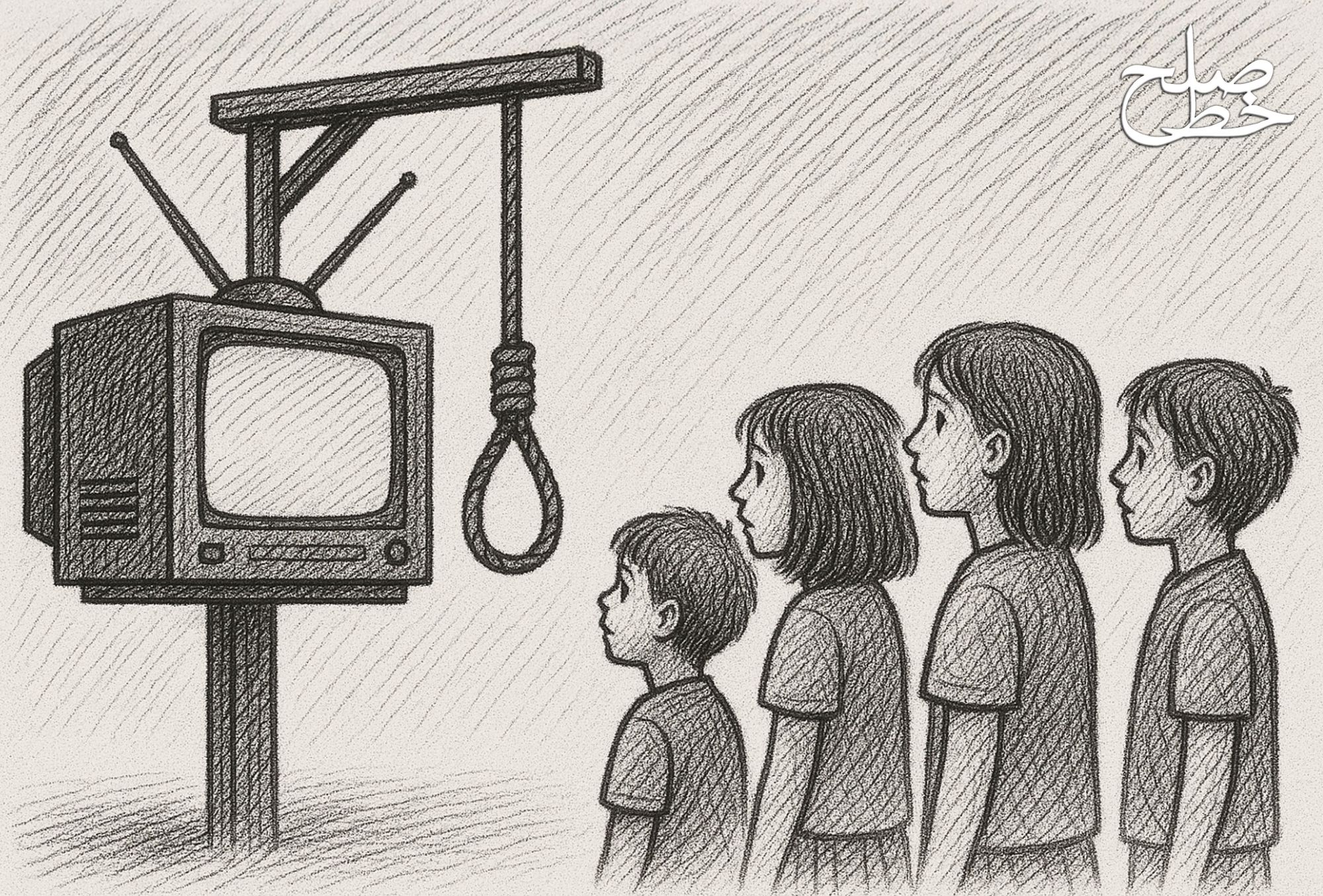ماهنامه خط صلح
 Created By:
Neda Ghanbari
Created By:
Neda Ghanbari  Created By:
Elahe Amani
Created By:
Elahe Amani  Created By:
Mina Javani
Created By:
Mina Javani  Created By:
Pardis Parsa
Created By:
Pardis Parsa  Created By:
Admin
Created By:
Admin  Created By:
Admin
Created By:
Admin  Created By:
Majid Shia’ali
Created By:
Majid Shia’ali  Created By:
Fereshteh Goli
Created By:
Fereshteh Goli  Created By:
Mohammad Hadi Jafarpour
Created By:
Mohammad Hadi Jafarpour  Created By:
Elahe Amani
Created By:
Elahe Amani  Created By:
Majid Shia’ali
Created By:
Majid Shia’ali  Created By:
Reza Alijani
Created By:
Reza Alijani 











